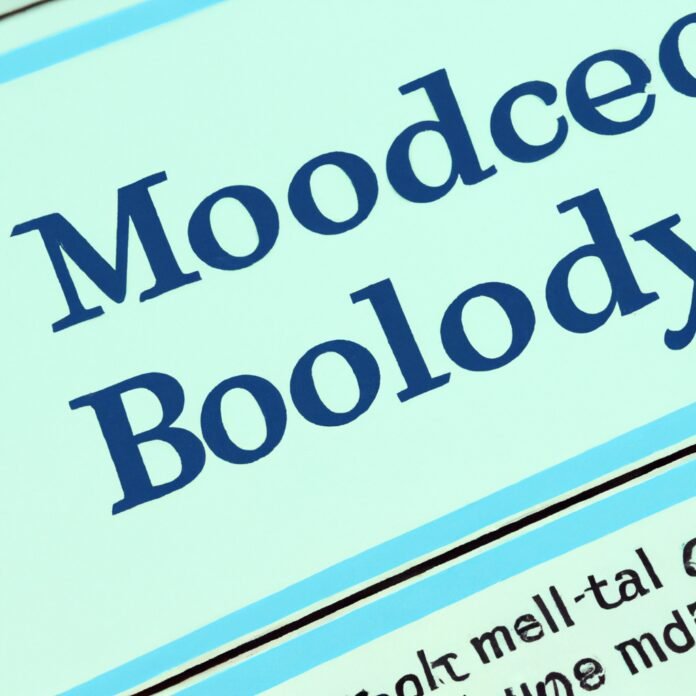The remarkable power of exercise extends far beyond the physical benefits. People of all ages are discovering that regular exercise can have a profoundly positive impact on their mental well-being. By understanding the connection between mind and body, we can unlock the potential of improved mental health available through exercise.
1. Unlock Your Mind: The Benefits of Exercise on Mental Health
Exercise is one of those things that make us feel better, both mentally and physically. It’s no secret that physical exercise can reduce stress, anxiety, and depression. It can also be beneficial to your cognitive ability, concentration, and mental clarity. But what about the effects of regular exercise on mental health?
Boosts Mood – Exercise can increase concentrations of endorphins, which are hormones in the brain that help generate positive feelings. When you work out, you can also improve your self-esteem and mood. This is especially effective with regular exercise, as continued activity can help you better manage stressors and everyday tasks.
Enhances Focus and Productivity – Working out can also benefit your focus and productivity. Since exercise can improve blood circulation and oxygen supply to the brain, you can think more clearly and optimize activity if your exercise regularly. This is particularly helpful for tasks that require a lot of mental energy and concentration.
Improves Self-Confidence and Self-Esteem – Exercise is not only good for your body, but it’s a great tool to help with stress relief and boost self-confidence. As you continue to strive for better performance and set personal goals for yourself, you can gain a sense of pride and accomplishment that can help you feel more confident in all aspects of your life.
Reduces Anxiety – Studies have found that regularly engaging in physical activities can reduce the physical symptoms of anxiety and help decrease overall anxiety levels. Regular exercise can also give you an outlet to help relieve stress, which is an important factor in managing anxiety.
- Boosts Mood
- Enhances Focus and Productivity
- Improves Self-Confidence and Self-Esteem
- Reduces Anxiety
The benefits of exercise on mental health are far-reaching, and they are often more powerful than we think. Incorporating physical activity into your daily routine can be an important part of improving and maintaining your mental health.
2. Exploring the Mind-Body Connection in Exercise
Exercise isn’t just about keeping your body in shape, it’s about keeping your mind healthy too. The mind-body connection is often overlooked when it comes to exercise, but it’s an essential component of an effective routine. Here are a few ways to explore the mind-body connection in exercise:
- Meditation – Before physical activity, take some time to clear your mind. Meditating can help you build a stronger connection to your body, as well as set the tone for an effective workout.
- Intention Setting – Specify a purpose for your exercise. Trying to release stress? Focus on power and strength? Set an intention to help you stay disciplined and connected with your body.
- Check-Ins – Exercise isn’t just about effort, it’s about intention. Don’t forget to set regular check-in times while you exercise to track your progress with your body and mind.
Incorporating the mind-body connection into your exercise routine is not only enjoyable and therapeutic, but it can help you get more out of your body and ensure longer-term results. Research has shown that the mind-body connection can help reduce stress, increase focus, and improve performance in the long term.
Don’t just rely on your body to push you through your exercise routine. Tap into your mind as well and explore the connection between the two to create an effective and lasting routine.
3. Taking Control: How to Enhance Your Mental Well-Being through Exercise
Exercise goes beyond being important for your physical health. It can also play a key role in your mental wellbeing. It’s time to take control of your mental health and use the power of exercise to become your own best advocate.
Make Exercise Part of Your Routine
Adding physical activity to your daily life will cause a shift in your relationship with exercise. It stops being something you dread and becomes something you look forward to. You don’t need to sign up for a rigorous exercise plan. Start small and build from there. Find something you enjoy doing and make it part of your routine – even if its just a 15 minute walk around the block! Nothing will make you feel more empowered than knowing you are in control of your mental wellbeing.
Keep Track of Progress
Use a DIY method to track your progress. Mark down your reps, sets and general how you feel after each exercise session. Seeing progress on paper – or even an app – will motivate you to push yourself just a little further. Becoming aware of your body’s response to exercise can also help you understand what type of exercise would best suit your individual needs.
Benefits of Exercise
Exercise has a wide range of benefits for your mental wellbeing. Here are some of them:
- Reduced stress
- Better self-esteem
- Increased energy levels
- Improved concentration and focus
- Reduced symptoms of depression
These are just some of the reasons why exercise is an effective way to take care of your mind.
Make it Your Own
You don’t need to look to models or influencers to figure out what routine works best for you. Experiment, have fun and make it your own. And most importantly, keep in mind that taking in care of your mental well-being goes beyond exercise alone. Balance your routine with a healthy diet, enough sleep and time for relaxation.
4. Harnessing the Power of Exercise to Unlock Your Mind
When it comes to taking care of your body and mind, there is no one-size-fits-all approach. A good starting point is to understand why physical activity is so important for mental health, and how it can help unlock your full potential.
Endorphin Rush
Physical exercise releases endorphins into your bloodstream, which then travel to your brain’s receptors that can reduce stress and lift your mood. If you’re feeling low or anxious exercising can be a great way to renew your sense of personal power.
Personal Space
Regular exercise can offer a healthy balance between productive mental stimulation and much needed down time away from the external stressors of daily life. Whether it’s hitting the gym or taking a long walk in nature, physical exercise can provide the perfect environment to focus on your mental wellbeing while having some personal space to reevaluate your goals and needs.
Building Confidence
- Setting achievable goals and seeing yourself reach them can be incredibly motivating for a positive, healthy self-image.
- Exercise helps you build physical strength and the courage to take on new challenges with confidence, unlocking your maximum potential both in and out of the gym.
Commitment Is Power
Though dedicating time to regular physical exercise can be challenging, it is worth the effort to prioritize the long-term health benefits. The power of exercise to improve mental health works through regular routine, that is where you can gain measureable results.
Exercising regularly has been linked to improved mental health, and can also help you to build up resilience and better cope with stress. It’s easy to find time for a workout, and the potential benefits to your mental wellbeing are invaluable. Make sure to take the time to invest in yourself – you deserve it.


